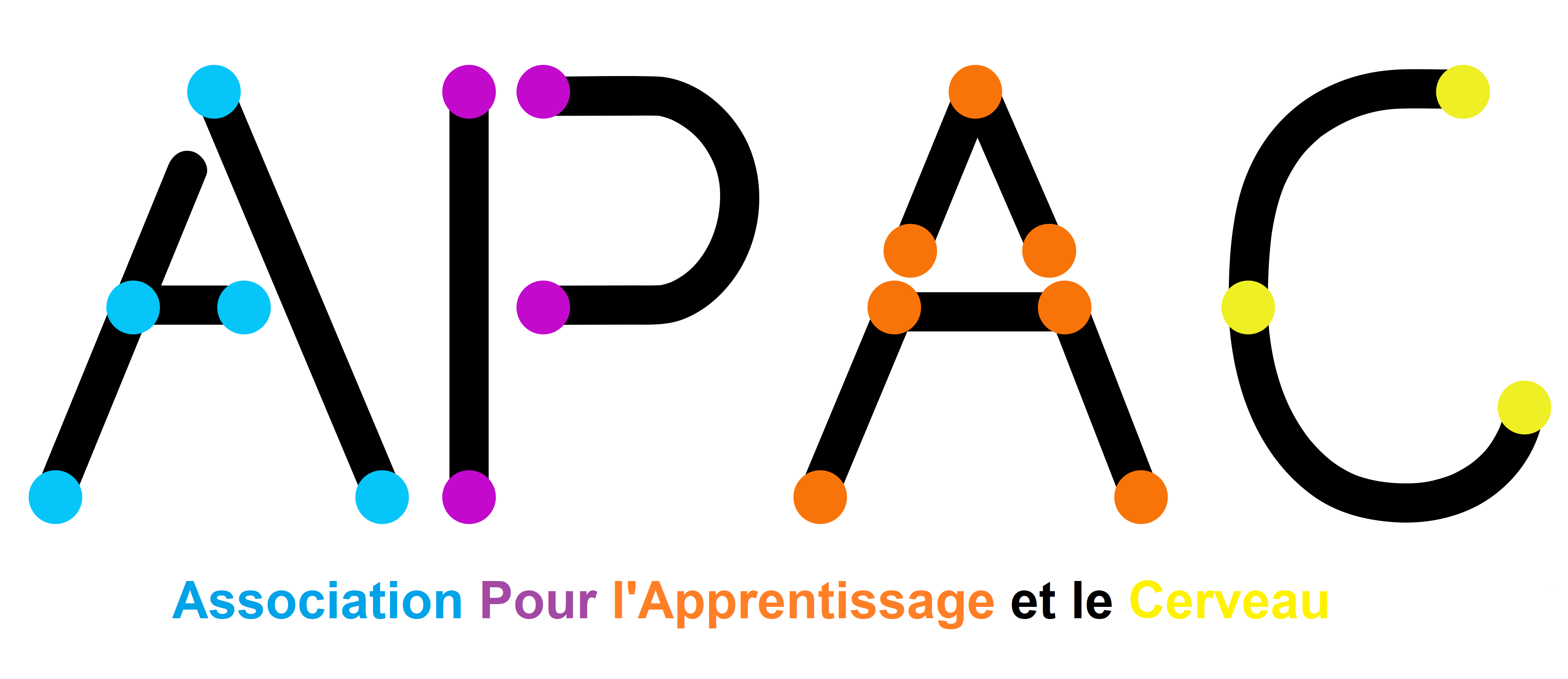In a world where information flows at an unprecedented pace, the ability to consume and process written material quickly has become a coveted skill. Speed reading, often hailed as a productivity hack, offers potential cognitive benefits beyond just rapid information intake. While there is ongoing debate about the trade-off between speed and comprehension, certain aspects of speed reading training make it an intriguing brain training practice. Here are five reasons why speed reading might just be a fantastic tool for sharpening your cognitive skills.
1. Improved Visual Processing
One of the most compelling benefits of speed reading training lies in its ability to enhance visual processing. A study published in The British Journal of Special Education highlights how both typical and dyslexic adults showed improvements in reading speed and comprehension after undergoing training with imposed time constraints. The study concludes that speed reading exercises may help strengthen visual processing skills, allowing the brain to interpret and process information faster and more efficiently (Roderique-Davies et al., 2021) .
This improvement in visual processing could extend beyond reading alone, as it suggests that our brains can be trained to better interpret visual stimuli, whether through text or other forms of input. This enhanced capacity could potentially transfer to other areas, such as quick decision-making or multitasking in visually demanding environments.
2. Increased Metacognitive Awareness
Speed reading isn’t just about racing through pages; it’s about understanding how you read. According to a study found on PubMed, speed reading training has been linked to improvements in metacognitive awareness. This means that participants become more aware of their reading habits and can adjust their strategies based on the difficulty of the material. This heightened awareness could potentially transfer to other cognitive domains, allowing individuals to better monitor and control their mental processes in various tasks .
This metacognitive boost might lead to more thoughtful, self-regulated learning, as readers develop a greater sense of control over their comprehension levels and cognitive performance. It’s a bit like being the driver of your own brain, constantly adjusting your speed and direction based on road conditions.
3. Enhanced Attention and Focus
Speed reading techniques often require increased concentration and focus, skills that are critical in today’s distracted world. Although mindfulness and speed reading may seem unrelated, the intense focus needed for efficient speed reading parallels mindfulness practices that aim to reduce mind-wandering and improve cognitive control.
According to an article from Melanin Medics, developing the ability to stay intensely focused during speed reading exercises can help improve one’s attention span and cognitive control . The act of processing large amounts of text quickly may condition the brain to stay on task, minimizing distractions—a skill that can benefit not just reading, but also work, study, and even daily interactions.
4. Neuroplasticity: Flexing the Brain’s Muscles
Neuroplasticity, the brain’s ability to form new neural connections, is another exciting area where speed reading training might have a positive impact. Although more research is needed to establish definitive links, there are suggestions that speed reading exercises could foster new brain pathways. This could lead to improved creative thinking and problem-solving skills as the brain becomes more adept at forming connections between different pieces of information.
In theory, engaging in speed reading could act like a workout for the brain, helping it adapt and improve over time. The mental agility required to quickly process information could push the brain to new limits, encouraging growth and flexibility that extend beyond reading alone.
5. Potential Memory Enhancement
Another potential benefit of speed reading is its ability to boost memory retention. Some speed reading techniques involve rapid information processing and recall, which may stimulate improvements in working memory. According to research published in Psychological Science, while speed reading programs often over-promise, there is some evidence suggesting that certain aspects of speed reading could improve working memory .
However, it’s important to note that the faster you read, the more you risk sacrificing comprehension. A common pitfall is focusing so much on speed that key details slip away. Still, with practice and balance, one might achieve a level of mastery where memory retention improves in tandem with speed.
A 30-day training protocol
The Neoboost app offers a 30-day training protocol, based on scientific research, that has shown impressive results. This program involves 15 minutes of daily practice with targeted exercises designed to improve reading speed. Here are some user testimonials illustrating the effectiveness of this approach:
Join the 30 day challenge for Free by clicking on the link bellow!
Sources:
- Roderique-Davies, G., & Singleton, C. (2021). Enhanced Reading by Training with Imposed Time Constraints. The British Journal of Special Education. https://onlinelibrary.wiley.com/doi/full/10.1111/1467-9817.12417
- Melanin Medics (2022). Top 5 Benefits of Speed Reading. Melanin Medics. https://www.melaninmedics.com/post/top-5-benefits-of-speed-reading
- Psychological Science (2020). Speed Reading Promises Are Too Good to Be True, Scientists Find. Psychological Science. https://www.psychologicalscience.org/news/releases/speed-reading-promises-are-too-good-to-be-true-scientists-find.html
- PubMed (2016). Study on Speed Reading and Cognitive Processing. PubMed. https://pubmed.ncbi.nlm.nih.gov/26769745/

